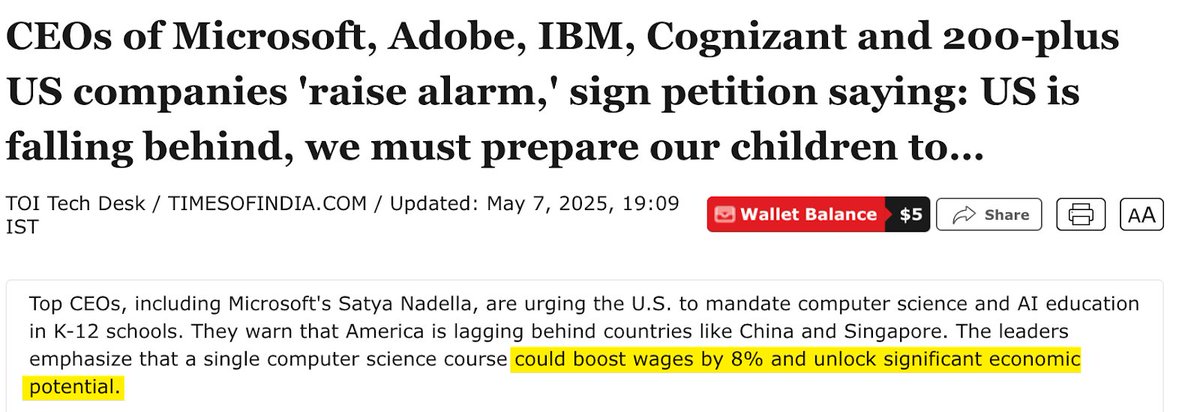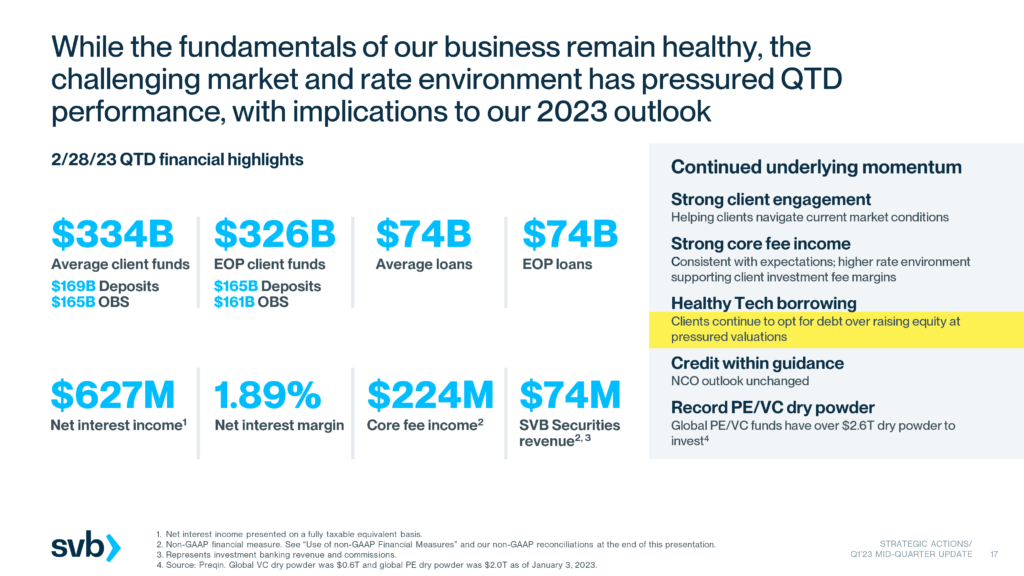I had no idea VCs were also experts about coronavirus and pandemics
What don't these guys know?
#impressive
What don't these guys know?
#impressive
Unrelated to above tweet fs.blog/2013/12/circle…
@ReformedBroker Whether you like the initial tweet or not, sign up for the @CBinsights newsletter
cbinsights.com/newsletter
635,000+ VCs and future VCs subscribe to it
cbinsights.com/newsletter
635,000+ VCs and future VCs subscribe to it
Masterclass in how to respond to questions outside your circle of competence
https://twitter.com/ReformedBroker/status/1235172703591641088
• • •
Missing some Tweet in this thread? You can try to
force a refresh
















